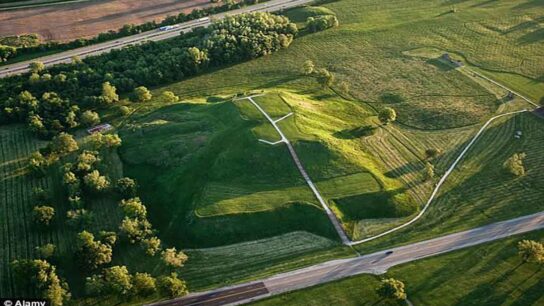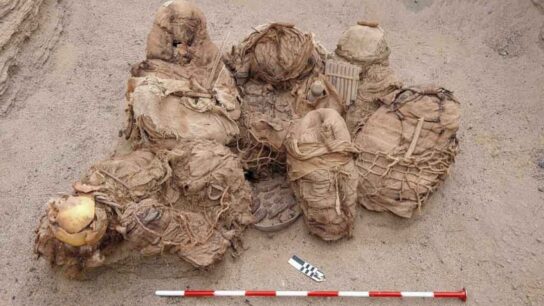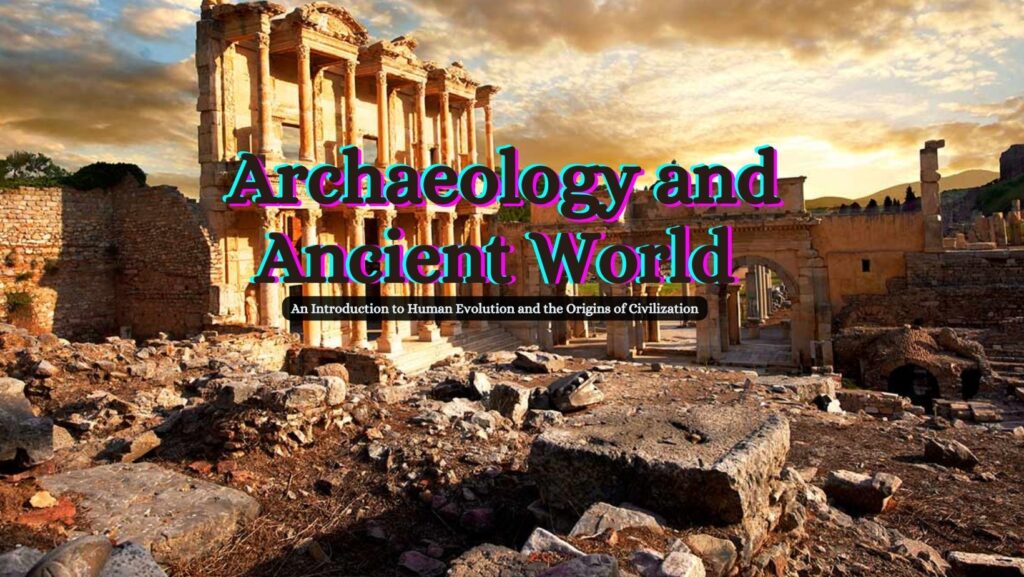Possible Roman Salt-Making Site Discovered in England’s East Midlands
Spalding Today reports that excavations ahead of road construction in England’s East Midlands have uncovered Roman pottery, charcoal, two ditches, and holding tanks that the Romans may have used to make and transport salt. “Before this, it was believed that the area did not have much activity until recent times,” said project manager Mick McDaid.
A team of archaeologists has been running an excavation in Pinchbeck as part of the Spalding Western Relief Road preparation work.
Lincolnshire County Council and South Holland District Council are working on the plans to create the 6.5km road to link the A1175 and A16 to the south and east of Spalding, to the B1356 to the north, via the B1172 Spalding Common.
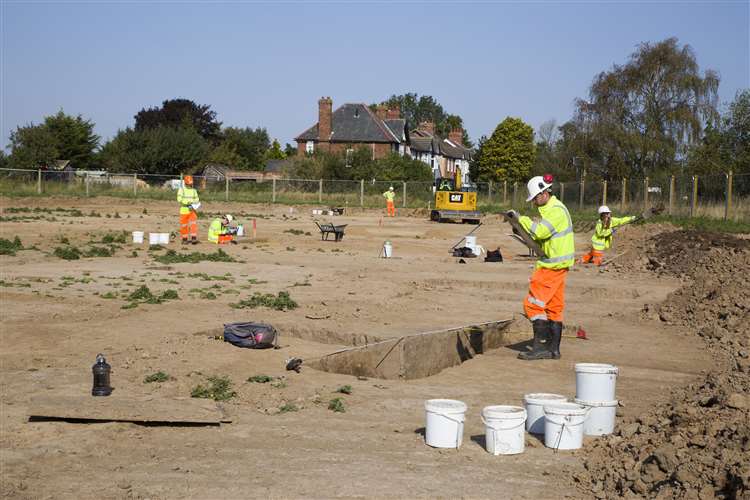
Two substantial ditches and holding tanks were uncovered during the 16-week excavation.
Project manager Mick McDaid said that this site has been a surprise.
He said: “Nothing was expected from the site before evaluation. There was an aerial photograph that showed a crop mark but there was no indication of the quality of the archaeology.
“This has added to the knowledge of the area. Before this, it was believed that the area did not have much activity until recent times.”
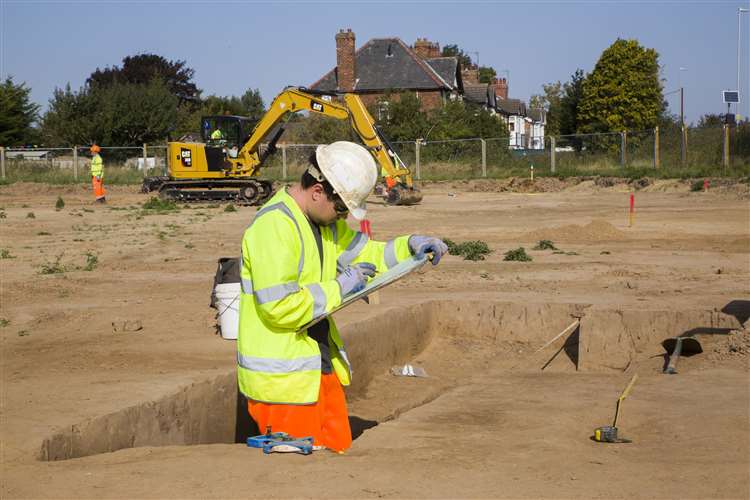
During the Roman period, Spalding and the surrounding area would have been creeks which would provide the ideal location for creating salt.
Romans would use a hearth to evaporate tidal water into brine to create salt.
Mr McDaid said: “There are no signs that this was any sort of settlement but was purely for industrial use.
“We have what appears to be holding tanks for the brine.”

